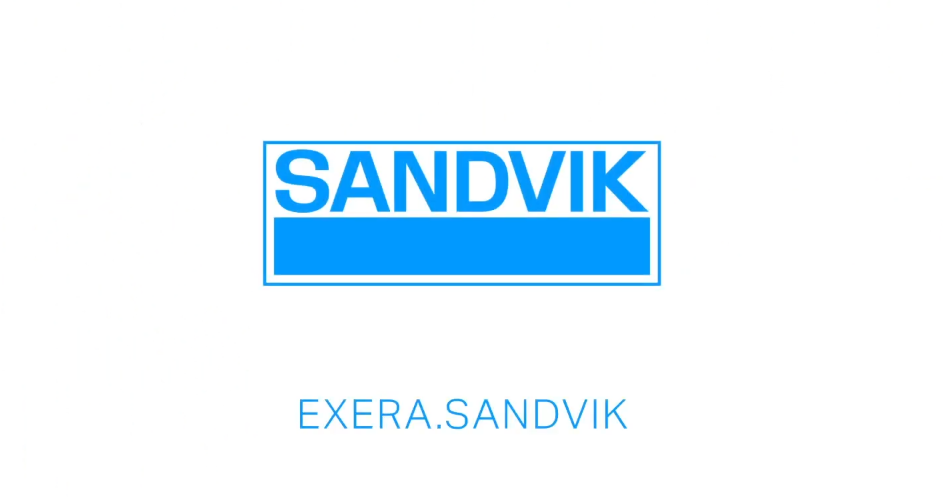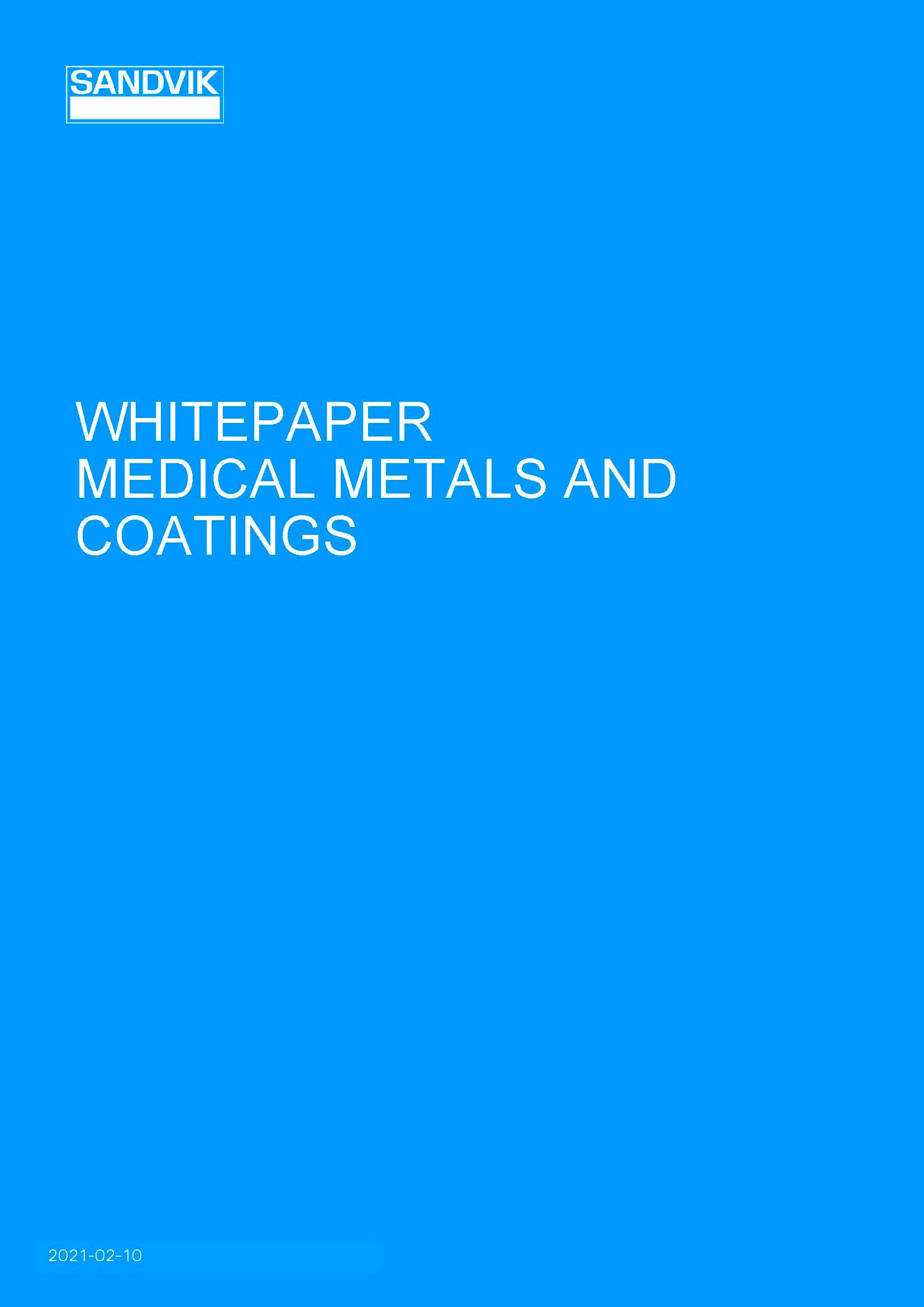
Pain control with electrical stimulation is life-changing for patients with long-term conditions that continuously or periodically cause them pain. The primary shortfall of using drugs to manage pain are negative health side effects, such as liver problems, which are further exacerbated as many patients need to increase their dosage over time
Globally, chronic conditions that require pain control are on the rise, especially in regions with an ageing population. According to a report by Grand View Research, the global pain management devices market is expected to grow at a compound annual growth rate of 9.0% from 2020 to 2027. With this in mind, the pressure for manufacturers to design and develop pain control devices is growing.
Neurostimulation systems are a tried and tested method of managing pain using a medical device. Spinal cord stimulation (SCS) devices can be controlled by the patient and work by transmitting electrical impulses to disrupt pain signals travelling between the spinal cord and the brain. These systems are comprised of the neurostimulator itself, a handheld device, and thin, insulated medical wires that deliver electrical pulses.
These insulated wires must be optimised to ensure they work efficiently, so many OEMs turn to specialists such as Sandvik with its EXERA® range of medical wire to develop components that are calibrated for the task. From its extensive range of stainless steels, precious metals and CoCr alloys, as well as coatings and surface treatments, Sandvik utilises its expertise to help customers from the design stage on into production.
For SCS applications, many manufacturers have used the EXERA® platinum iridium alloys (EXERA® Pt10Ir and EXERA® Pt20Ir), which offer excellent biocompatibility, along with radiopacity, moderate strength and good formability. To maximise fatigue strength for implantable devices, these platinum-iridium alloys are delivered with the highest surface finish (Medical class).
For the insulated coating, Sandvik offers PTFE synthetic fluoropolymer coating, along with other coatings that are in use in the medical market, for temporary and permanent implant. Coating thickness ranging from 0.00127mm to 0.0127mm that meet NEMA and JIS standards.
For more information about EXERA® fine medical wire-components, including available materials and surface treatments, download the white paper below.



